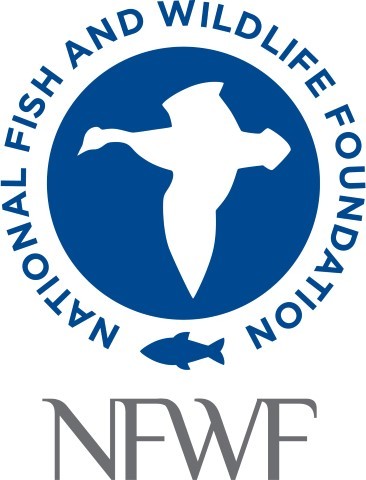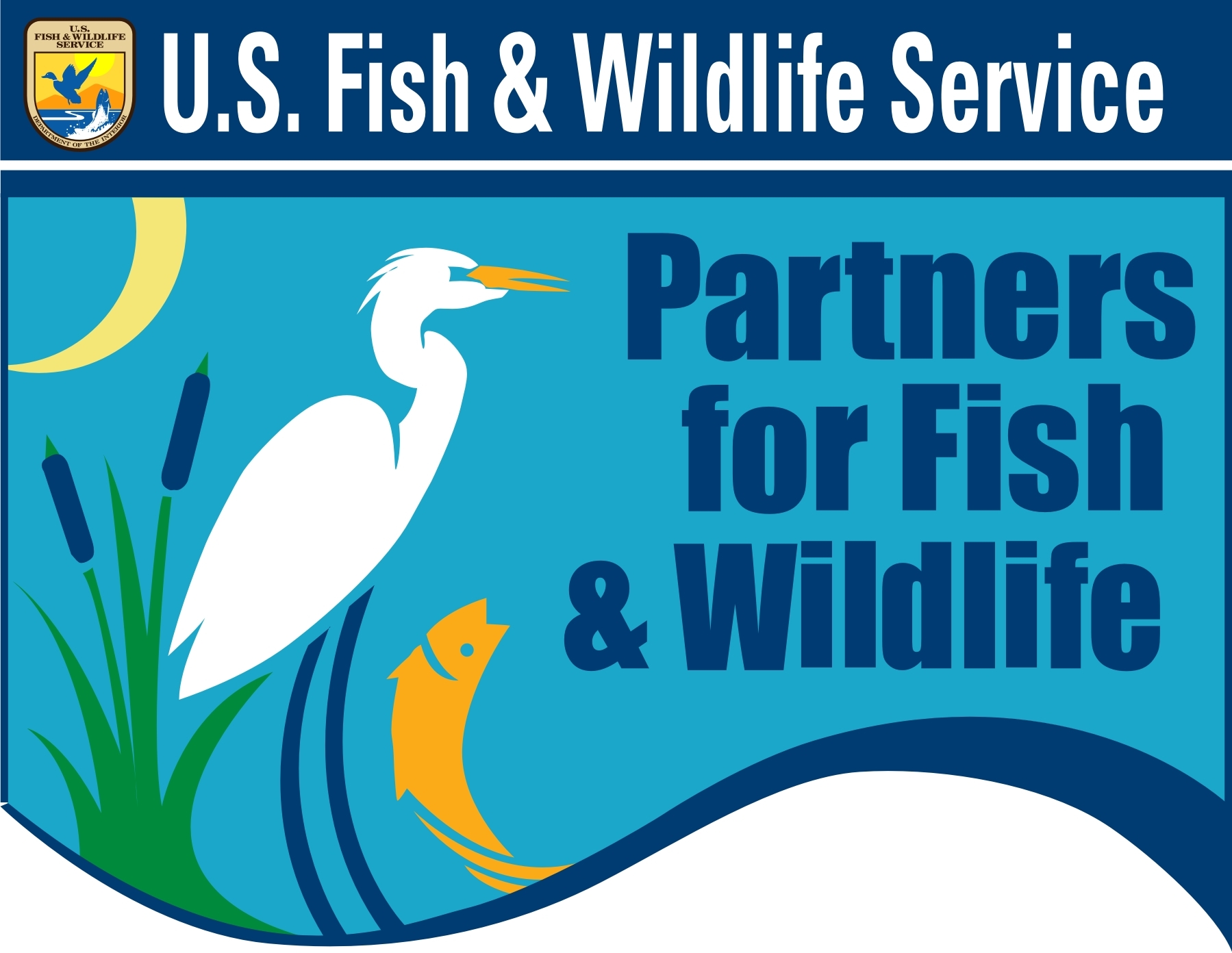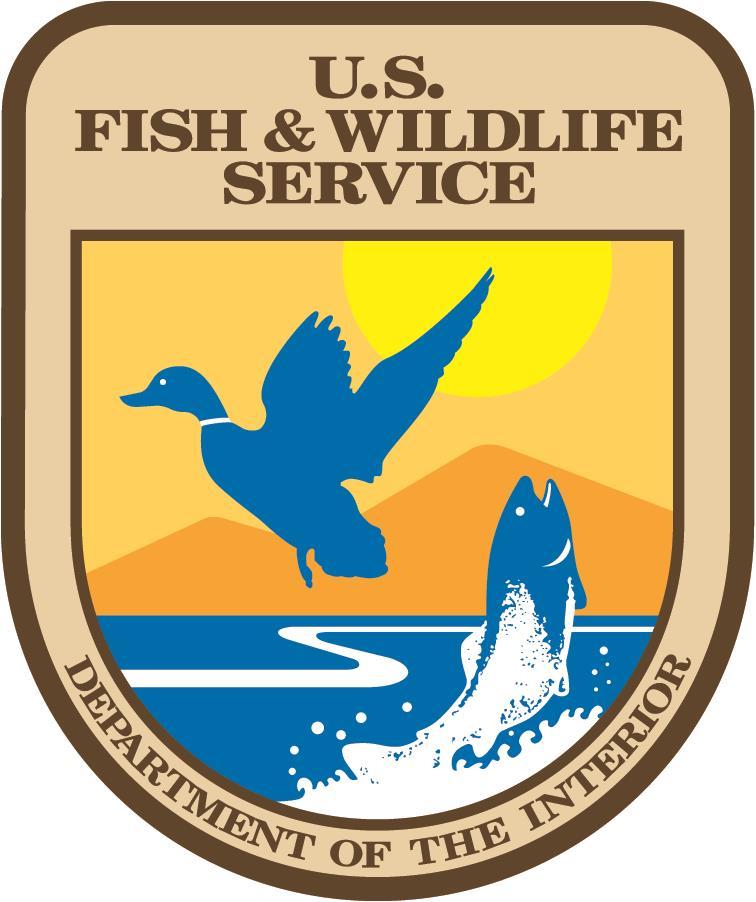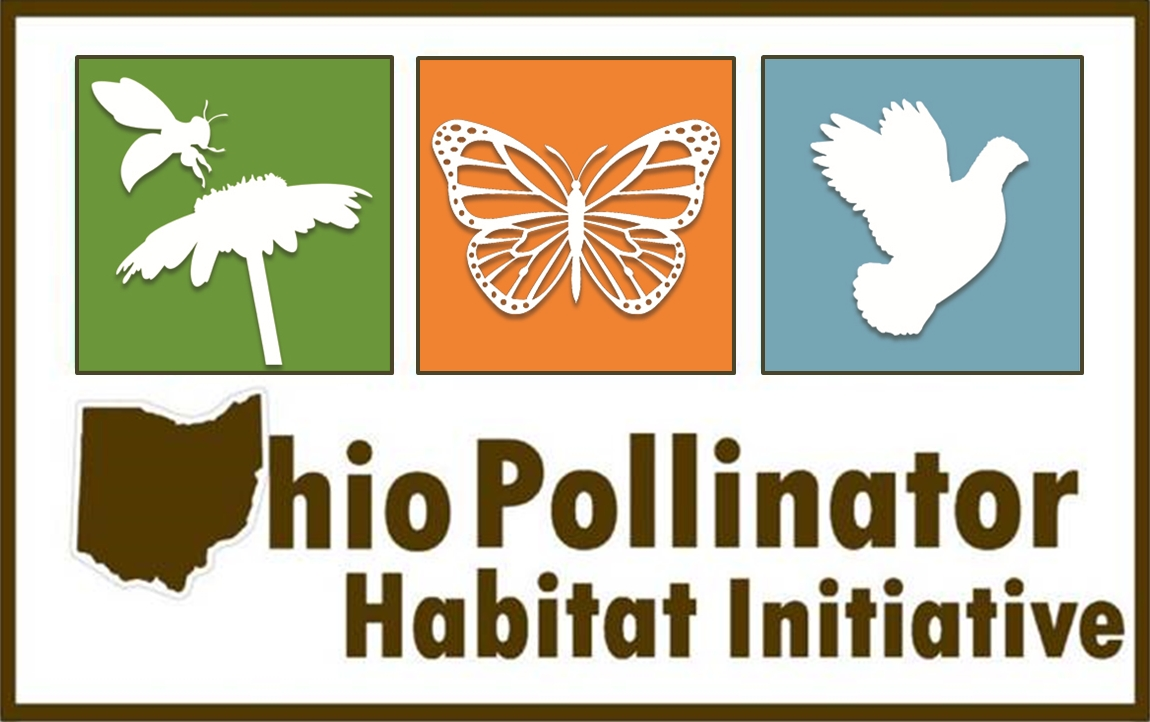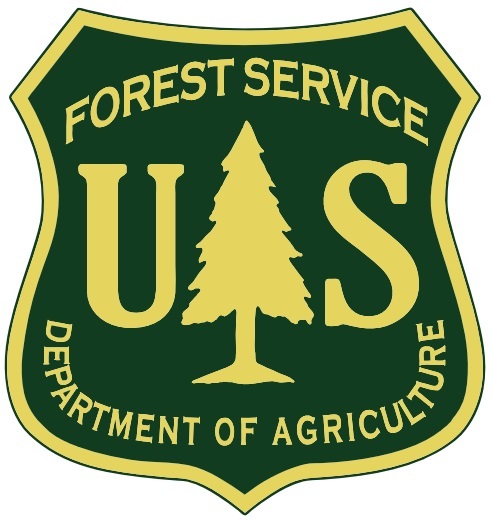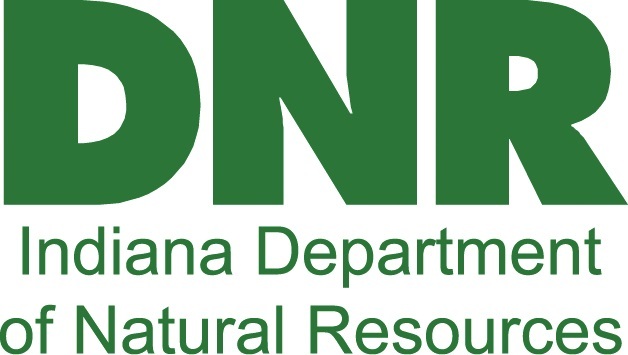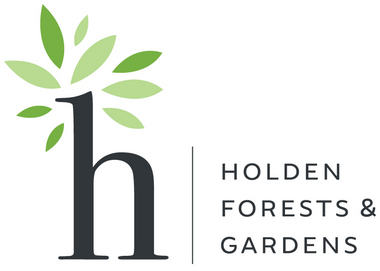Project Wingspan: Landscape Enhancement for Imperiled Pollinators of the Midwest and Great Lakes Region
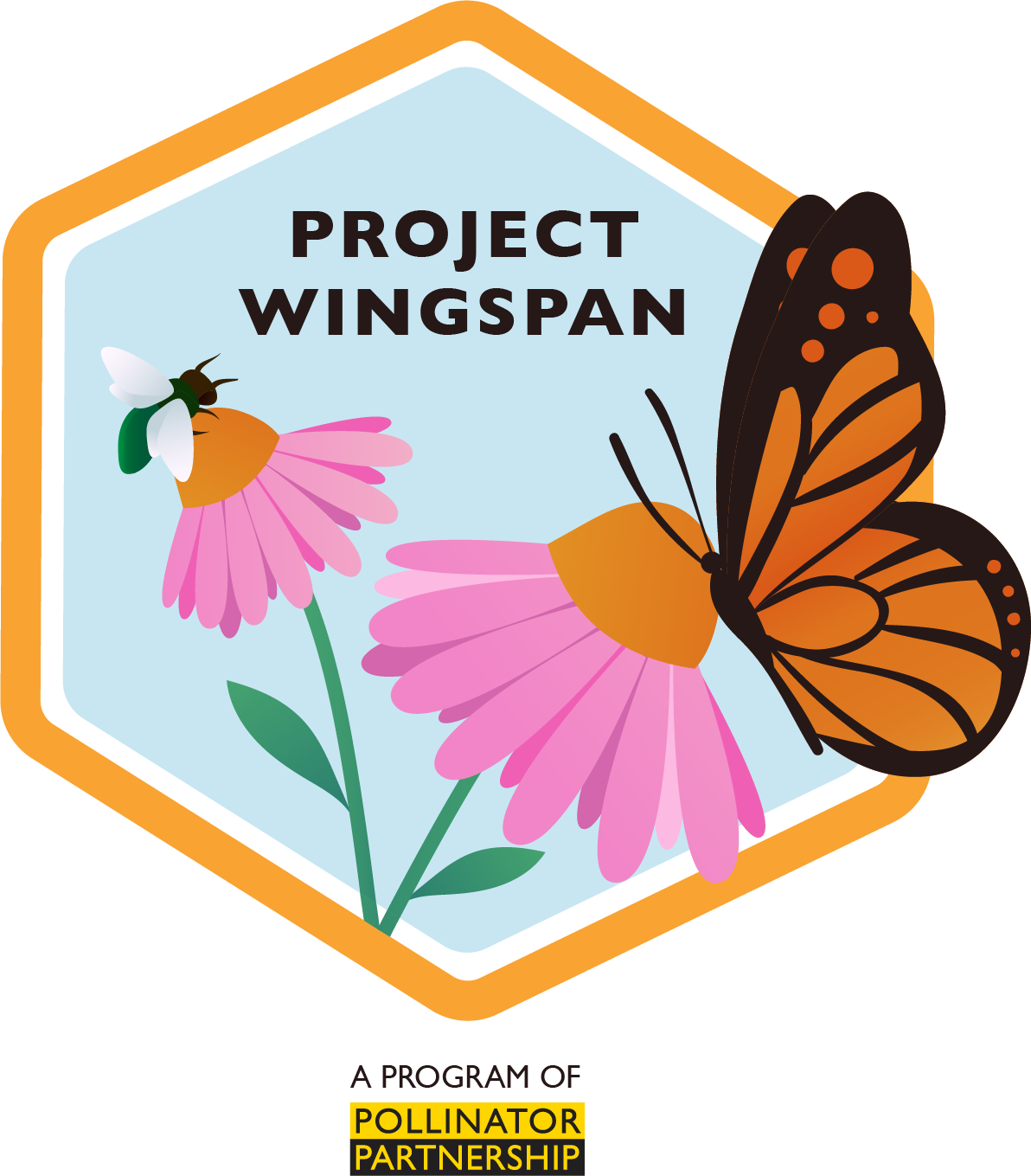
Project Wingspan (PW) is a multi-year landscape-scale project supported by donations, sponsorships, and several grants from the National Fish and Wildlife Foundation to the non-profit Pollinator Partnership. Pollinator Partnership is working with a coalition of partners and an amazing team of dedicated volunteers to increase the quality, quantity, and connectivity of pollinator habitat across the Midwest and Great Lakes Region to support imperiled native pollinators and the vital habitat on which they depend.
Project Wingspan seeks to increase monarch, rusty patched bumble bee (RPBB), and other pollinator habitat by building off the success of our Monarch Wings Across the Eastern Broadleaf Forest effort and by working with land stewards across a variety of public, private, agricultural, and other land types to help them create, enhance, or restore pollinator habitat within the landscape. This is achieved by providing support, training, and technical resources to interested participants throughout our focus region, as well as regionally appropriate seeds and plugs to select vetted project sites. The goal is to work with volunteers and partners to enhance and secure over 18,000 acres of high-quality habitat that will support monarchs, RPBBs, and other wildlife.
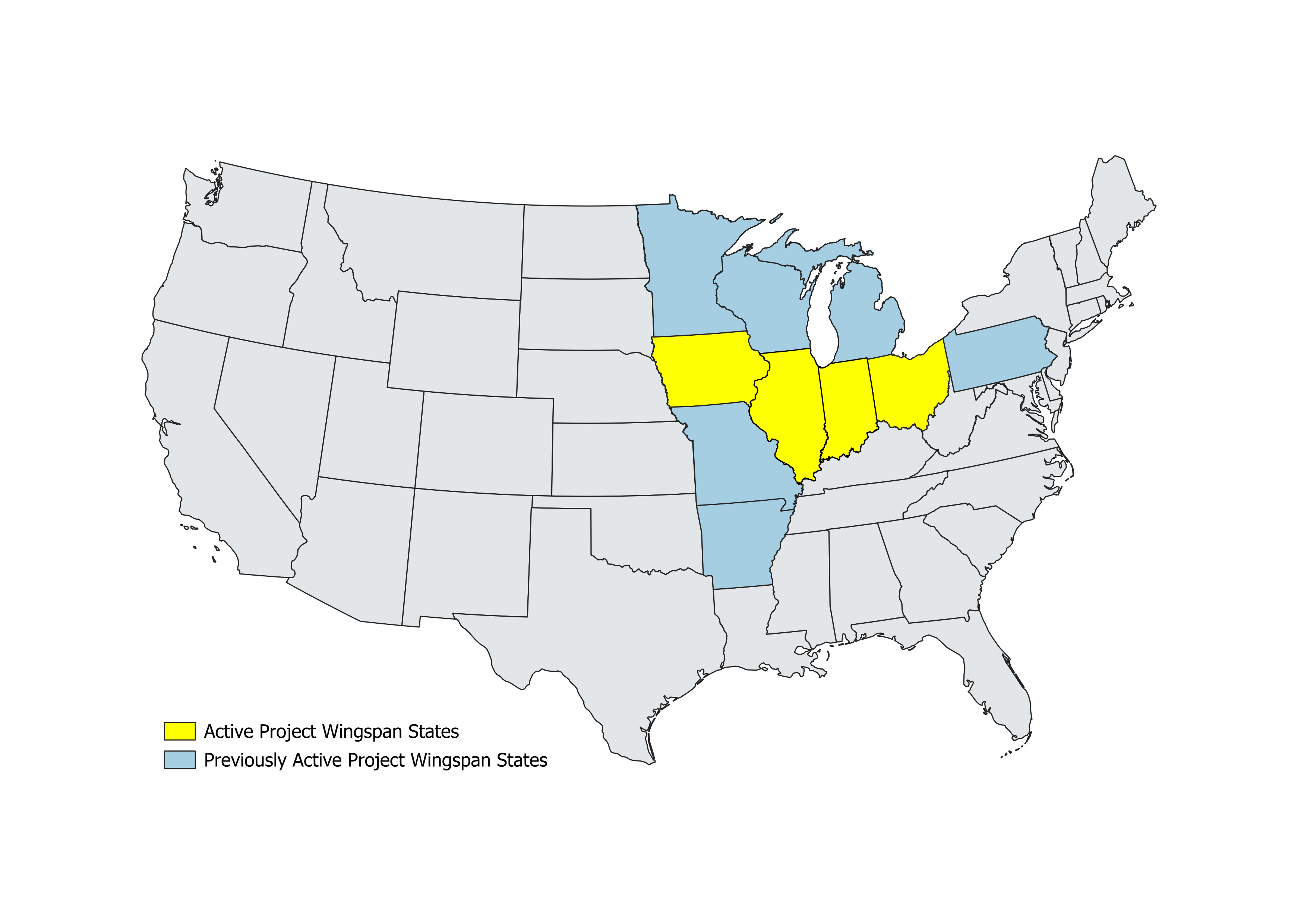
Historically, Project Wingspan has worked to help secure and enhance lands throughout the states shown in blue on the map above. Currently, this effort is only actively working with volunteers, land stewards, and partners in Iowa, Ohio, Illinois, and Indiana shown in yellow.
How are we doing this?
Throughout the scope of the program, Project Wingspan will create and engage a network of volunteers by providing educational training on plant identification and seed collection protocols to ensure volunteers are competent and confident in their abilities to collect common native plant seed according to best management standards. Trained volunteers in collaboration with program partners will make targeted collections of local genotype native wildflower seed within designated collection zones. All seed collections will be geospatially tagged, cleaned and inspected, and then be awarded (as seed or grown plug plants) to habitat creation and enhancement projects within their state and zone of origin. Long-term habitat will be secured through obtaining written agreements from program participants to manage native habitat areas utilizing BMPs (Best Management Practices) for a minimum of 5 years or more.
(Top Left) Project Wingspan Training Session; (Top Right) Native Seed Collection Volunteers; (Bottom Left) Native Seed Grow Out at Mason State Nursery; (Bottom Right) Project Wingspan Awardee Planting Native Plants
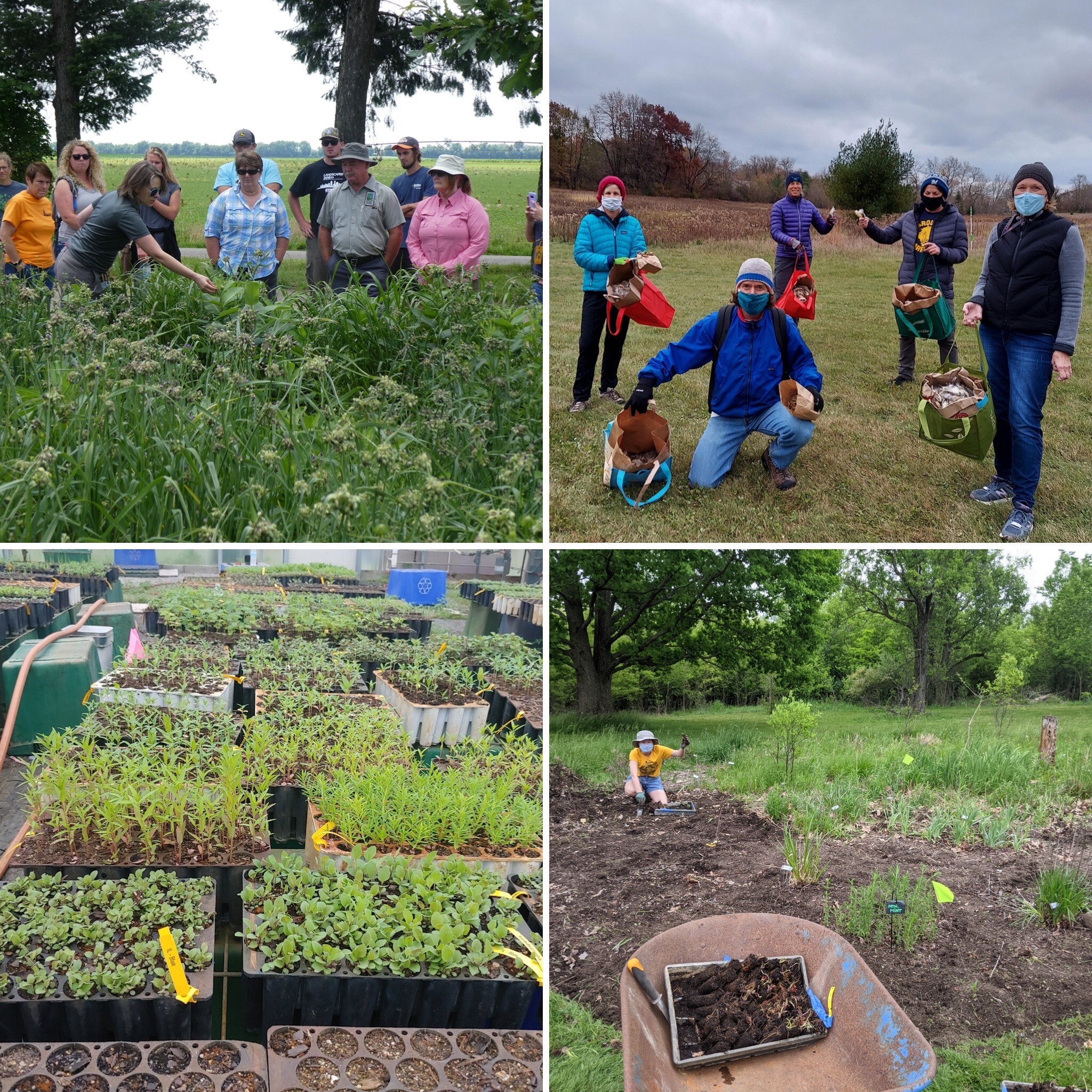
Project Wingspan will also provide technical guidance and educational support to land managers and landowners through a series of in-person habitat management workshops, online webinars, and other resources to disseminate information on current BMPs including developing native seed mixes, site preparation, implementation, invasive species control, prescribed fire, and long-term management. Information on other programs, projects, and organizations/agencies that may be able to help land stewards meet their long-term habitat goals will also be provided to participants.
(Top) Monarch Butterfly by Anthony Colangelo; (Bottom) Rusty-Patched Bumble Bee by Rachel Samerdyke, USFWS
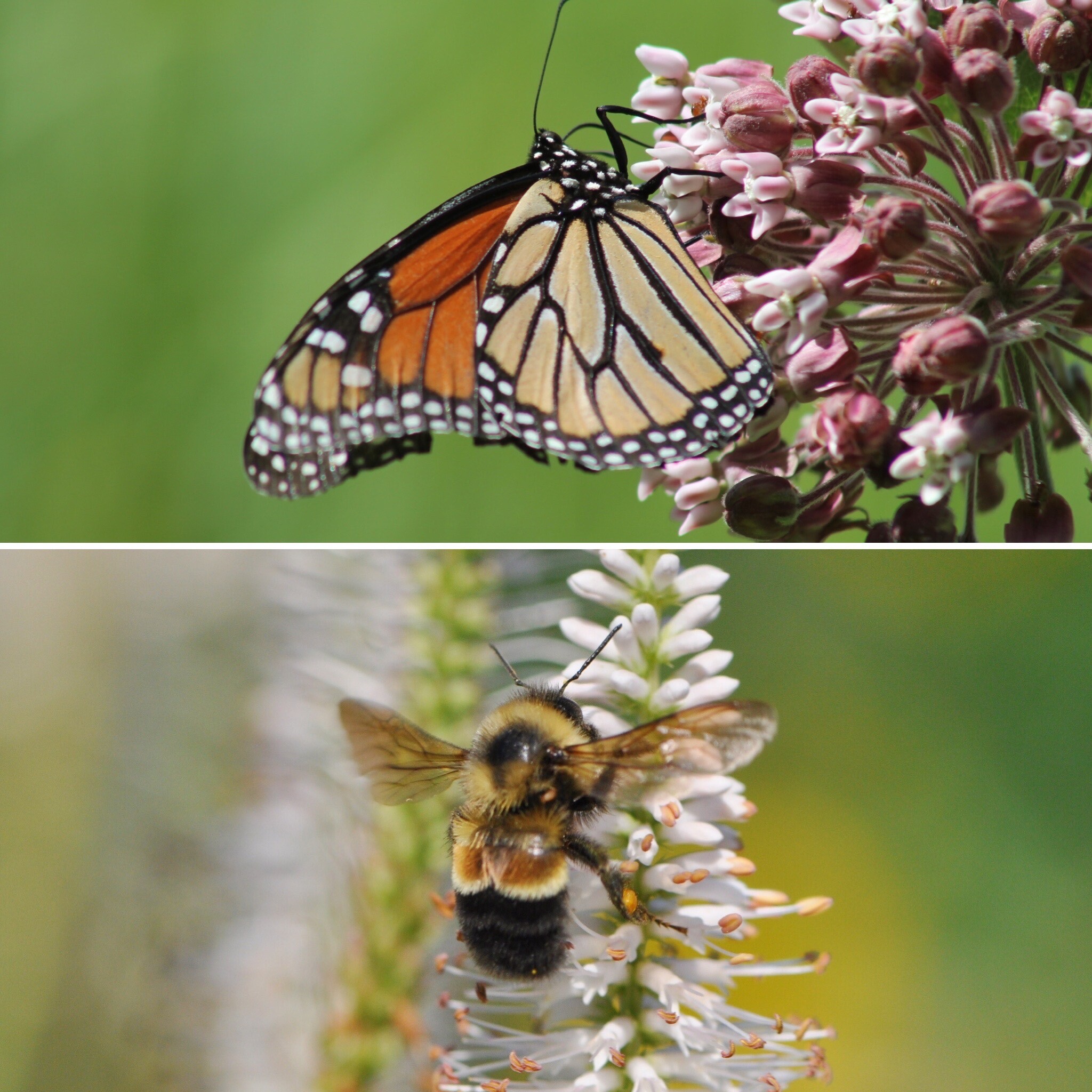
Why are we doing this?
Because pollinators need our help. As you may know, the iconic monarch butterfly (Danaus plexippus) and its spectacular migration are in jeopardy. Their North American numbers have suffered a steep decline of approximately 90% over the past two decades, and in December 2020, the U.S. Fish and Wildlife Service concluded that listing the monarch under the Endangered Species Act is warranted but precluded. However, in 2022 the International Union for Conservation of Nature (IUCN) placed the migratory monarch (Danaus plexippus plexippus) on IUCN Red List as an endangered species indicating the population is in steep decline. Like the monarch, the rusty patched bumble bee was a common species 20 years ago, with a range across 28 states and two Canadian provinces. RPBB (Bombus affinis) populations have also seen a swift decline since the 1990s, which earned it placement on the endangered species list in 2017 – with a distinction of becoming the first bee in the contiguous 48 states to be declared endangered. The species has now only been observed as a few small patches of populations across what is estimated to be only 0.1% of its historical range.
These aren’t the only species in need of safe places to nest, rest, forage, and reproduce. Together, through the hard work and passion of Pollinator Partnership staff, conservation partners, and enthusiastic landowners, land managers, and volunteers, Project Wingspan aims to create amazing change in the lives of pollinators, other wildlife, and people in the Midwest and Great Lakes region.
(Left) Monarch Butterfly by Amber Barnes; (Right) Project Wingspan Seed Collection Volunteers
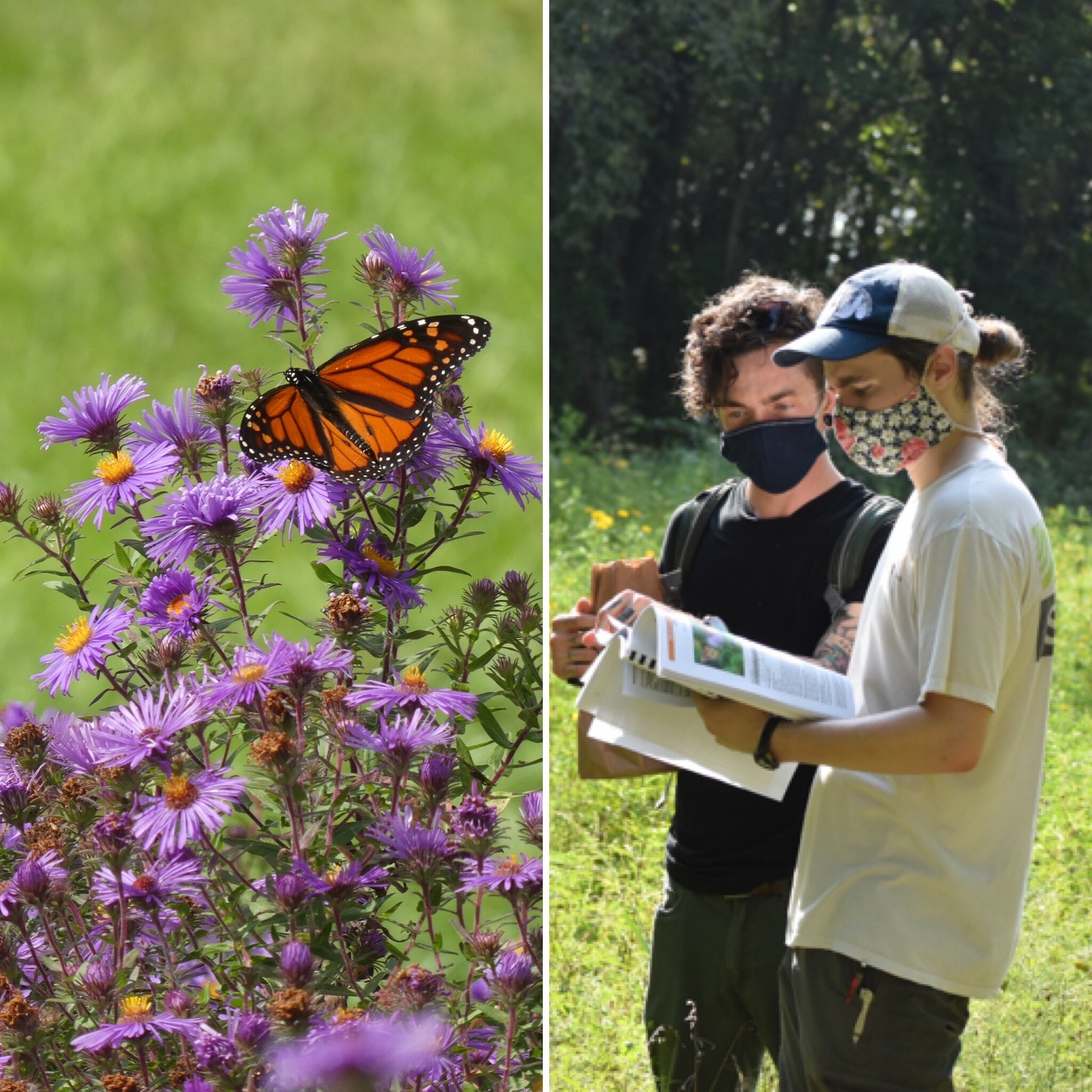
How can YOU get involved?
If you have a passion for nature and want to help imperiled pollinators: Become a trained seed collector and join a dynamic and fun team that is making a difference on the ground. Sign up to learn more: https://tinyurl.com/Wingspan-volunteer
If you have robust native plant populations on your land and are interested in the possibility to contribute towards local habitat improvement efforts as a seed collection site: Sign-up to get on our list of potential seed collection locations and a State Coordinator will be in touch soon to see if your site is a good fit and answer any questions. https://www.pollinator.org/wingspan/collection-location-form
Special Thanks
This project would not be possible without the shared time, dedication, enthusiasm, and passion of our amazing volunteers, staff, and Project Wingspan’s
Core Partners:
Current:
Illinois Department of Natural Resources (DNR) – Mason State Nursery, Indiana DNR, U.S. Fish and Wildlife Service’s Partners for Fish and Wildlife Program, U.S. Forest Service, Pollinator Partnership, National Fish and Wildlife Foundation, Pheasants Forever.
Past:
Arkansas Native Seed Program, Arkansas Natural Heritage Commission, Audubon Arkansas, Dane County Parks, Holden Forests & Gardens, Kettle Moraine Land Trust, Michigan DNR, Michigan State University, Ohio Pollinator Habitat Initiative, Pennsylvania DOT, Pennsylvania Natural Heritage Program, University of Arkansas Center for Advanced Spatial Technologies.
Satellite Partners:
Current:
Applied Ecological Services, AR Master Naturalists Foothills Chapter, Army Corps of Engineers – Little Rock and Vicksburg Districts, Arkansas DOT, Arkansas Forestry Commission, Arkansas Monarch and Conservation Partnership, Arkansas State Parks, Bath Township Parks, Beaver Watershed Alliance
Big Oaks Muscatatuck NWR Complex, Brown County Parks, Camp Friedenswald, Camp Grayling, Cedar Lakes Conservation Foundation, Charter Bird Sanctuary, City of Bryant, City of Fayetteville, City of Lake Geneva Parks, Clay Parks & Recreation, Clinton County Parks, Clinton Co. Parks and Greenspace Commission, Chicago Botanic Garden, Edward Lowe Foundation, Energy Resources Center of University of Illinois at Chicago, Ernst Conservation Seeds, Foothills Chapter of AR Master Naturalists, Fred Berry and Rick Evans Grandview Prairie Conservation Education Centers, Gabis Arboretum at Purdue Northwest, Greater Traverse Regional Land Conservancy, Haehnle Bird Sanctuary, Hobbs State Park, Horicon National Wildlife Refuge, Huron Manistee National Forest, Ice Age Trail Alliance, Indianapolis Public Works, Kalamazoo College, Kalamazoo Nature Center, Keweenaw Land Trust, Kishwauketoe Nature Conservancy, Land Conservancy of West MI, Little Traverse Land Conservancy, Logoly State Park, MDNR Wildlife Division, Milwaukee County Parks, NICHES Land Trust, Nicolet National Forest – USFS, North Central AR Master Naturalists, NWA Land Trust, Oakland Township, Parks and Recreation, Oakland University, Ohio Prairie Nursery, Ohio State University, Ottawa National Forest, Ottawa National Wildlife Refuge, Ozaukee Washington Land Trust, PA Master Naturalist program, Patoka River NWR, Pleasant Hill Acres, River Revitalization Foundation, Riveredge Nature Center, Sand Hill Farm, Sand Valley Restoration Fund LLC, Scholl Farms, Seney National Wildlife Refuge, Southern Arkansas University, Southwest Michigan Land Conservancy, University of Akron Field Station, The Acreage, The University of Illinois, The Wetlands Initiative, Tyson Foods, University of MI Matthaei Botanical Gardens and Nicoles Arboretum, Walworth County Parks, Washington County Parks, Waukesha County Land Conservancy, Wildflower Association of MI, Wild Ones, Wisconsin Department of Natural Resources, Wisconsin Monarch Collaborative.
Support for Project Wingspan has been provided in part by Commonwealth Edison as part of their commitment to environmental stewardship and conservation.
Monarch Resources
Monarch Conservation WebinarsAbout Monarchs
Protecting Monarchs Brochures
Pollinator Learning Center

